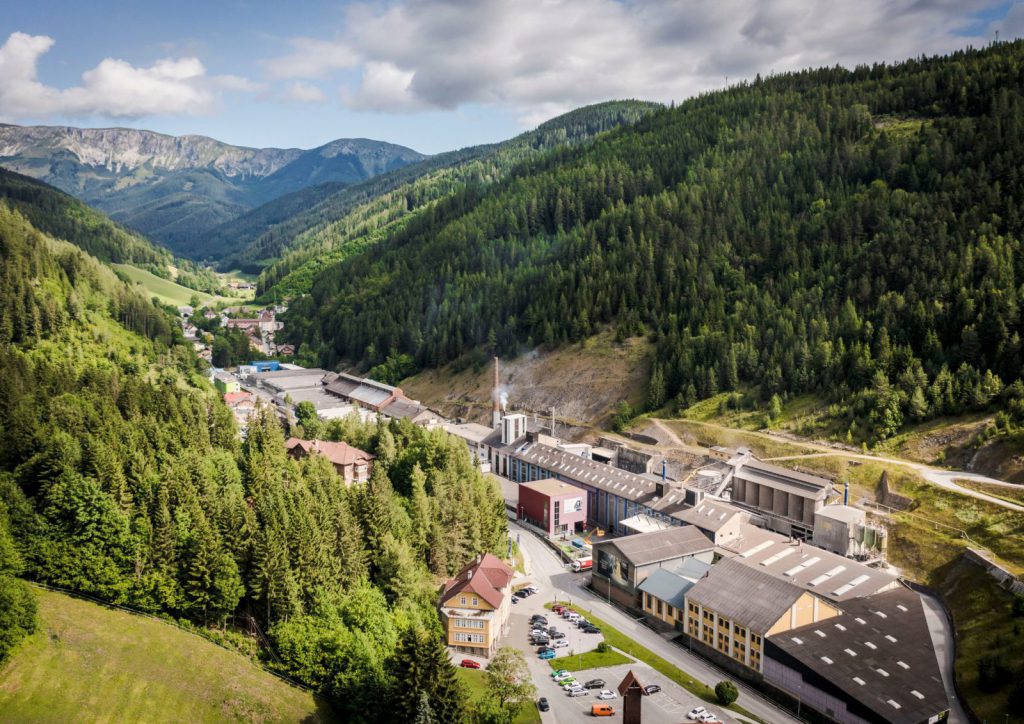
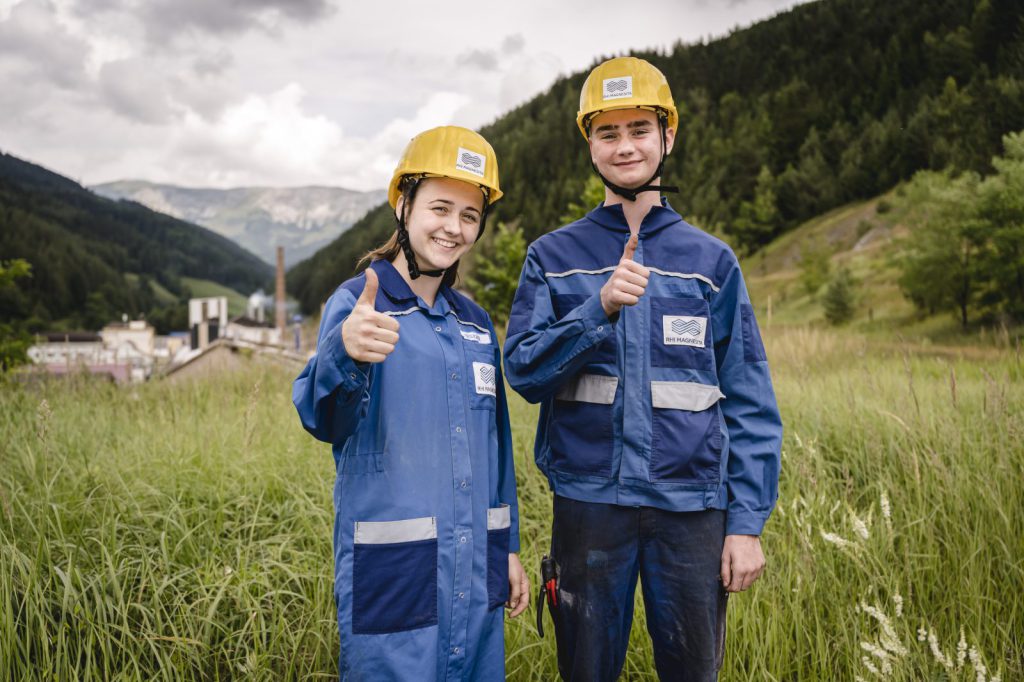
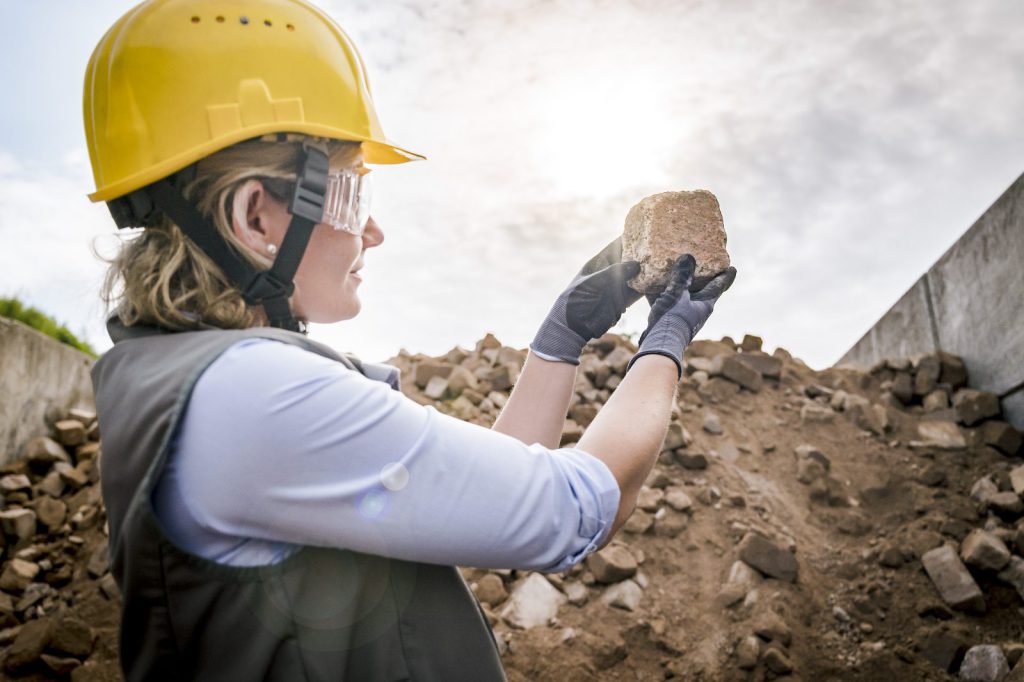
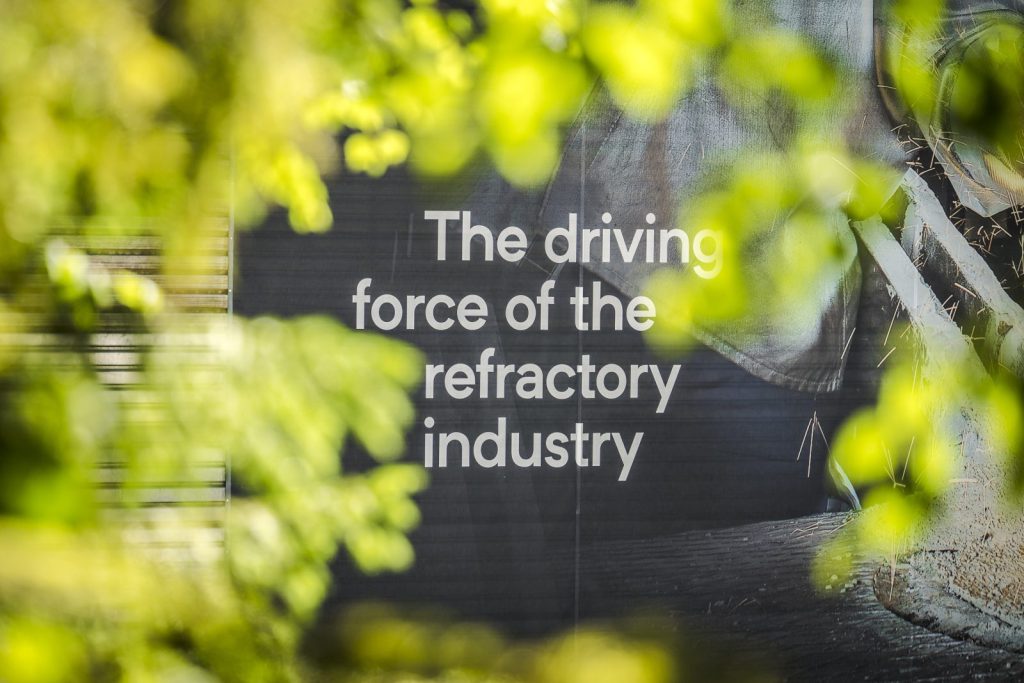
RHI Magnesita’s purpose is to master heat, enabling global industries to fuel modern life. The company’s advanced products are essential for its customers in the steel, cement, metals, glass, energy and chemicals industries. Through the reliable supply of innovative refractory products and services, RHI Magnesita enables its customers to sustainably deliver the basic materials that are essential for modern life.
We aim to be our customers’ partner of choice on their own decarbonisation journeys!
RHI Magnesita strives to be the sustainability leader in its sector. The company’s sustainability strategy is based on the 10 Principles of the UN Global Compact covering human rights, labour, environment, and anti-corruption.
RHI Magnesita has a dedicated Corporate Sustainability Committee that monitors performance related to climate change, environment, health and safety, stakeholder relations, and other ESG risks. Executive and functional leaders are accountable for delivering sustainability priorities, and the Global Sustainability Team is responsible for external reporting, assessing sustainability-related risks, and liaising with the Board and key internal and external stakeholders. They also provide regular updates to the Corporate Sustainability Committee. A collaborative approach ensures co-ordination with key functional areas such as Health & Safety, environment, sustainable technology and decarbonisation, recycling, finance, risk management and compliance, and procurement. This governance framework
facilitates a comprehensive and integrated
approach to sustainability.
RHI Magnesita conducts a materiality assessment as part of our sustainability reporting process. This helps us to identify issues that are important to the company’s long-term value creation and the demands of our stakeholders.
Our material topics are: Health and Safety, Recycling, Climate Change and Decarbonisation, Other Emissions, Energy Efficiency, and Diversity are material topics. See our actions regarding these topics within our 2025 Targets below.
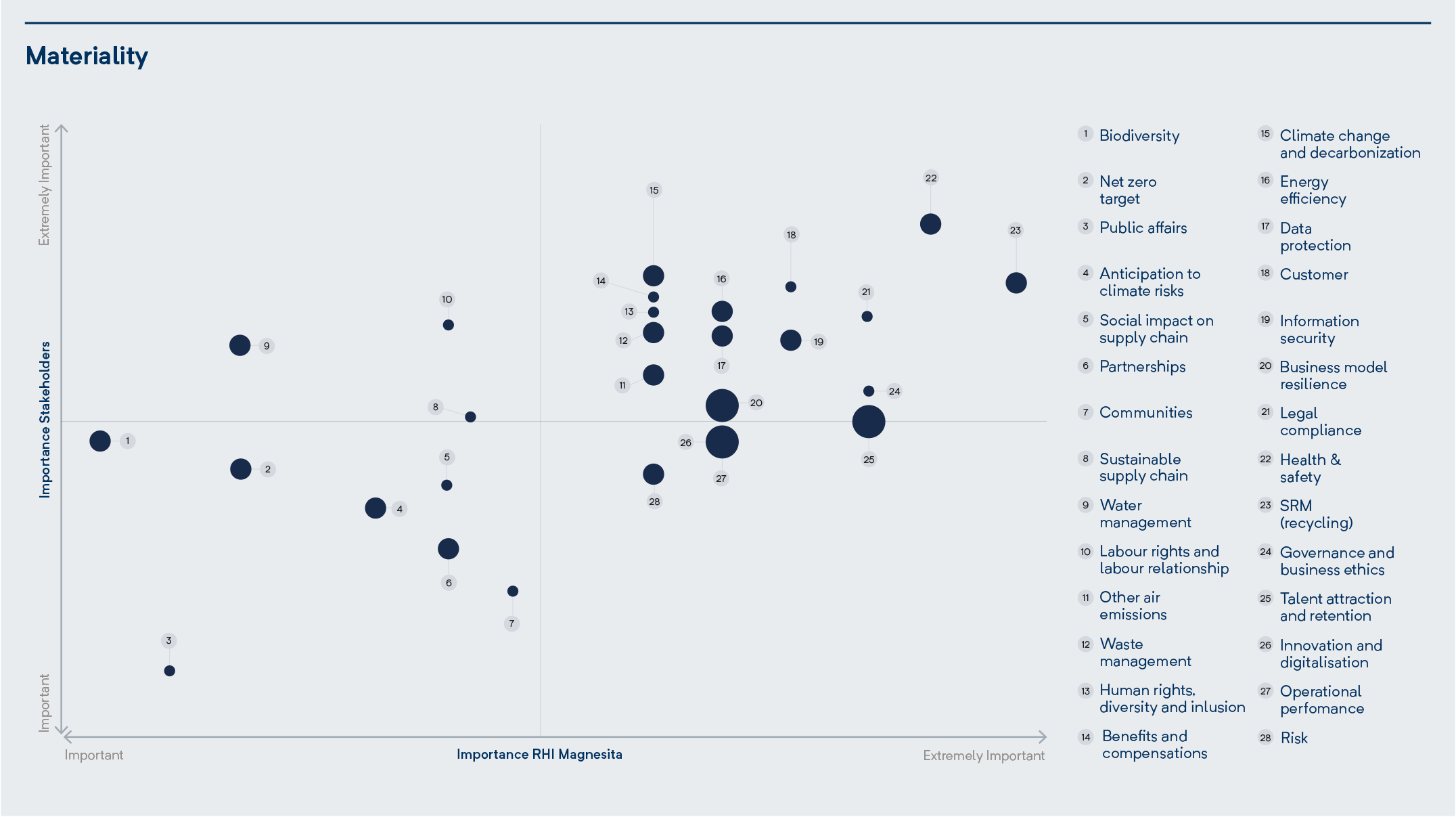
RHI Magnesita’s 2025 sustainability targets were defined in 2019 based on engagement with internal and external stakeholders. The following areas of materiality were identified: CO2 emissions, Energy use, Recycling, Diversity, Health & Safety, NOx and SOx emissions. The results of this analysis will be the base for the existing targets, and for setting up new targets.
RHI Magnesita actively supports the UN Sustainable Development Goals (SDGs).
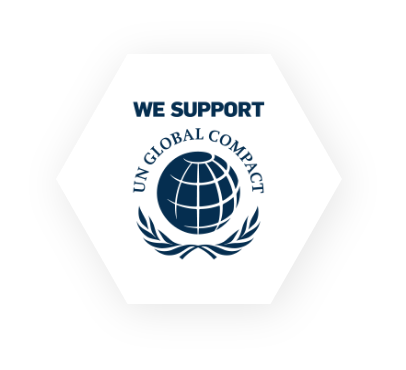
RHI Magnesita prioritizes transparency and discloses its sustainability performance in accordance with leading standards and frameworks.
Since 2017, our primary sustainability reporting framework has been the GRI Standards issued by the Global Sustainability Standards Board (GSSB).
As supporters of the Taskforce on Climate-Related Financial Disclosures (TCFD), we’ve diligently assessed and quantified climate-related risks and opportunities relevant to our business. Detailed insights are available in our dedicated TCFD reports.
The company submitted annual climate reports to CDP in 2023 and scored an A- rating. In accordance with the EU taxonomy, RHI Magnesita reports the proportion of its revenues, operating expenditures and capital expenditures for FY 2023 that are taxonomy-non eligible, eligible, and aligned.
The company’s integrated management system is compliant with ISO 14001 (environmental), ISO 50001 (energy), ISO 45001 (occupational health and safety) and ISO 9001 (quality). RHI Magnesita also reports on its gender diversity progress to the FTSE Women Leader Review each year. In addition, as a signatory of the United Nations Global Compact since 2018, the company reports annually about its progress, engagement and contributions to the most operationally relevant UN SDGs. This non-financial report covers all activities, sites, and industrial assets operated or contractually managed by RHI Magnesita N.V. or one of its subsidiaries. RHI Magnesita commissioned Deloitte Audit Wirtschaftsprüfungs GmbH for an independent third-party limited assurance engagement on the non-financial report for the year ended 31 December 2023, according to GRI standards and Article 8 of Regulation (EU) 2020/852 (Taxonomy Regulation) and complementary Delegated Regulations (EU) 2021/2178, (EU) 2021/2139, and (EU) 2023/2486.
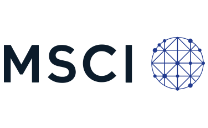

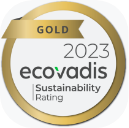
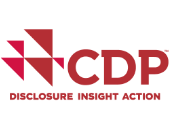
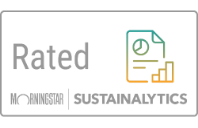
1. UN Global Compact; voluntary
2. Responsible Steel; voluntary
3. Business for Societal Impact; voluntary
4. TeachForAustria; voluntary
5. Wissensfabrik; voluntary
6. respACT – Austrian Business Council for Sustainable Development; voluntary
